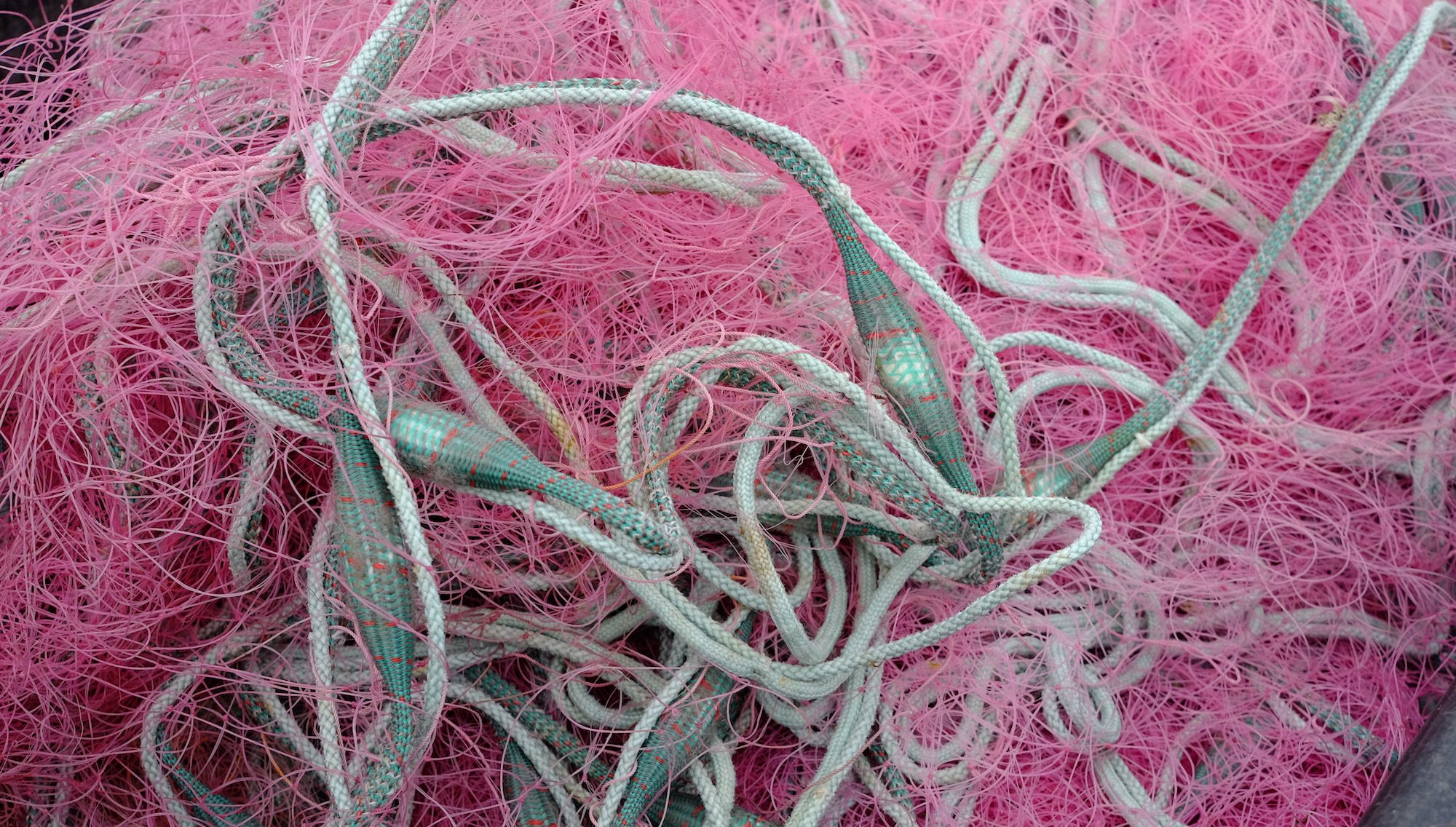Remember our episode a few months ago on the history of the plastics treaty? To recap: In March, the United Nations Environmental Assembly decided to negotiate a global agreement to tackle plastic pollution. The ambitious plan is to develop a binding treaty covering the full lifecycle of plastics within the next two years, by 2024.
This week, this process is moving forward at an international meeting in Uruguay. From November 28 to December 2nd 2022, the first session of the Intergovernmental Negotiating Committee – INC1 for short – will take place in the city of Punta del Elste. Anja will be sharing updates on Mastodon, where you find her as @plastisphere@podcasts.social.
Here on the audio feed, we present an introduction of what’s to expect in Uruguay – a guest episode by the Environmental Investigation Agency, a Nongovernmental Organization involved in the plastic treaty negotiations. Their podcast ahead of INC1 in Uruguay is really insightful, and they kindly shared it with us.
Link to the podcast website: EIA What on Earth
Thanks to EIA Ocean Campaign Leader Christina Dixon, EIA Ocean Campaigner Jacob Kean-Hammerson and EIA Senior Press and Communication Officer and podcast host Paul Newman for sharing this episode.

